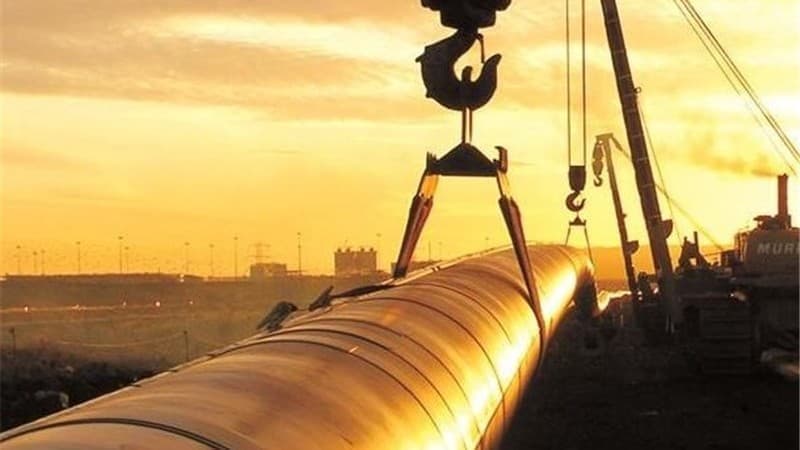Nigeria, ECOWAS Seek Regional Support to Drive $26 Billion African Atlantic Gas Pipeline Project Forward

The Nigerian Government, together with the Economic Community of West African States (ECOWAS), Morocco, and Mauritania, has reaffirmed its commitment to advancing the African Atlantic Gas Pipeline (AAGP) project, estimated at $26 billion.
This ambitious initiative, designed to connect at least 13 nations, promises to be a landmark step towards energy integration in Africa, fostering economic growth and energy security across the region.
The announcement was made during the ECOWAS Inter-Ministerial Meeting on the Nigeria-Morocco Gas Pipeline Project, held in Abuja on Monday.
The meeting brought together ECOWAS Ministers of Hydrocarbons and Energy and key representatives from Morocco and Mauritania, signalling strong regional cooperation to propel the pipeline forward.
A Vision of Shared Prosperity
The Group Chief Executive Officer of the Nigerian National Petroleum Company Limited (NNPC), Mele Kyari, highlighted the significance of the project’s latest developments, underscoring the crucial role this initiative will play in shaping the future of African energy infrastructure.
Represented by NNPC’s Executive Vice President for Gas Power & New Energy, Olalekan Ogunleye, Kyari emphasised the need for the AAGP project to deliver tangible economic benefits to local communities.
“Today, we come together to make significant progress in the African Atlantic gas pipeline project, perhaps the largest African project, a transformative initiative that promises to connect at least 13 African nations in shared prosperity and development,” Ogunleye remarked.
He added that, with phase two of the front-end engineering design now completed and work advancing on environmental and social impact assessments, land acquisition, and resettlement, the project is moving forward with purpose.
“These achievements underscore our shared capacity and resolve to bring this partner project to fruition, demonstrating both the project’s viability and our capability for effective execution.
“Supported, of course, by strong regional collaboration, which we continue to appreciate, NNPC is well positioned to progress this project by leveraging on its expertise across production, processing, transmission, and marketing,” he continued.
Nigeria’s Minister of State for Petroleum Resources (Gas), Ekperikpe Ekpo, hailed the project as a game-changer for Africa’s energy future. According to Ekpo, the agreements laid down during the meeting mark a critical juncture for African energy.
“We stand at a critical juncture where these draft agreements hold the power to reshape our energy landscape, strengthen our economies, and uplift our people,” he stated.
Ekpo further noted that the agreements embody a strong commitment to fostering hydrocarbon and energy trade across ECOWAS nations, enhancing access to natural gas within West Africa, and elevating Africa’s position in the global gas market.
Morocco’s Minister of Energy Transition and Sustainable Development, Laila Benali, also conveyed optimism, emphasising the project’s potential to open new markets and generate employment opportunities.
ECOWAS Commissioner for Infrastructure, Energy, and Digitalisation, Sediko Douka, added that the collaboration between all parties has reached a critical phase, urging continued close cooperation to ensure the project’s success.
“We have reached a critical phase in the development of this project, and it’s crucial for all parties to work closely to bring it to fruition,” Douka stated.
The Nigeria-Morocco Gas Pipeline (NMGP) Project, initiated during King Mohammed VI’s visit to Nigeria in December 2016, reflects a vision of economic integration and energy security.
With a pipeline spanning 5,300 km from Nigeria to Dakhla in Morocco, and an additional 1,700 km onshore extension to Northern Morocco, the AAGP project combines the $975 million West African Gas Pipeline Extension Project and the main 5,669 km pipeline estimated at $25 billion.
The pipeline is set to channel Nigerian gas to Morocco, 13 ECOWAS countries, and even Europe, thus diversifying Nigeria’s gas export routes, reducing gas flaring, and boosting the country’s revenue.
This monumental infrastructure project not only leverages Nigeria’s vast natural gas reserves but also stands to drive sustainable economic development across West Africa, promoting regional energy independence and resilience.
Culled from Nairametrics.







